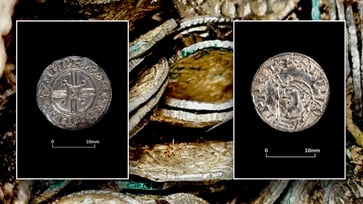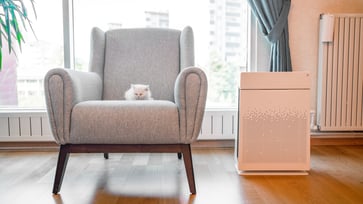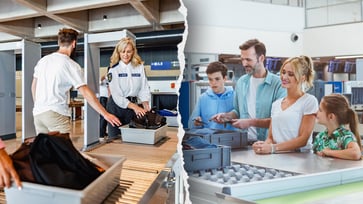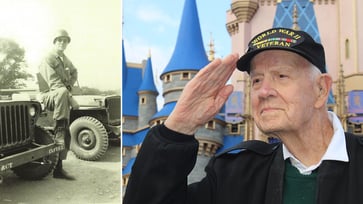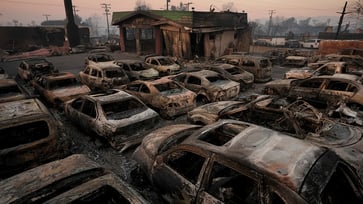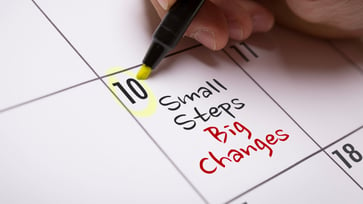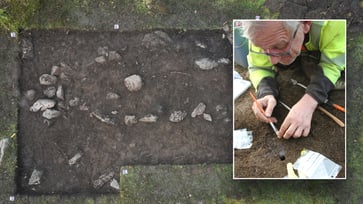How does genetic cancer testing work and what is it?
An expert claims that approximately 10% of cancers are due to inherited genetic mutations.
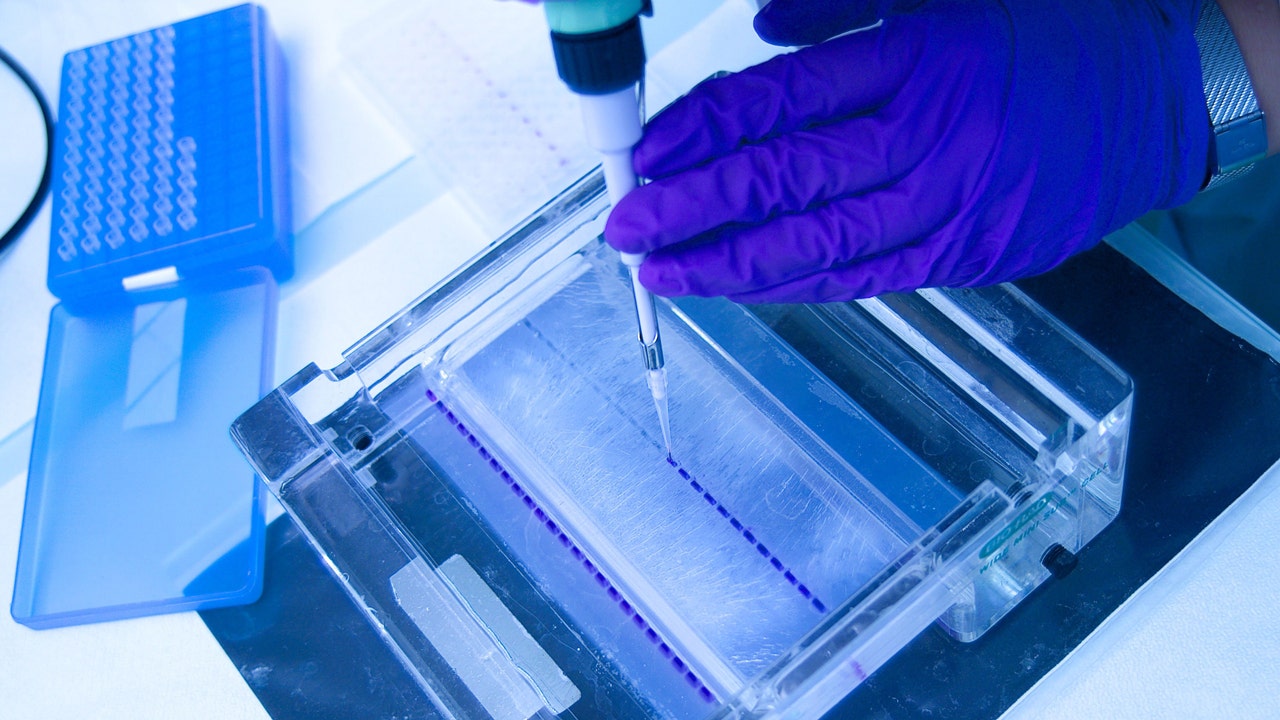
Determining one's likelihood for developing cancer can be done through the use of genetic testing as a powerful tool.
Genetic abnormalities can be tracked using DNA technology, which can help mitigate cancer risks before they become life-threatening.
An expert in the field disclosed how genetic testing functions, what it signifies, and what actions to undertake if your family background suggests a heightened risk of cancer.
Here's a deeper dive.
How does genetic testing work?
DNA testing, in essence, involves analyzing inherited genetic information from one's ancestors.
Blood and saliva samples are used to detect inherited mutations that could increase the likelihood of cancer in the future.
According to Dr. Joshua Strauss, an attending medical oncologist at Advanced Care Oncology and Hematology Associates of the Atlantic Medical Group in New Jersey, an analysis of these genes can help determine if you have a genetic predisposition to developing cancer in your lifetime.
According to Strauss, approximately 10% of all cancers are due to inherited mutations from our parents.

When should I take a genetic test?
Genetic testing may not be suitable for everyone, although it can be helpful in predicting the likelihood of certain cancers.
Those with a family history of cancer, particularly those with a first-degree relative diagnosed at a young age, may benefit from testing for hereditary cancer syndromes, according to Strauss.
It is advised to practice cancer screening for individuals who have already been diagnosed with cancer, particularly those with rare forms of it, as well as for relatives of people with genetic mutations that increase the likelihood of cancer development, according to the American Cancer Society.

How much do genetic tests cost, and how do I get one?
After determining that testing is necessary, a health care provider or genetic counselor usually orders genetics tests, according to Strauss.
Insurance usually covers tests ordered under these circumstances, making them relatively affordable.
"Some companies provide a self-pay rate of $250 for individuals with or without insurance. The cost of testing has significantly decreased over time," he stated.
What if a genetic test shows you're vulnerable to cancer?
If you've taken a genetic test and are at a higher risk of cancer, there are several options available.
A surveillance program with regular lab work and/or imaging may be recommended if a test indicates an increased risk of cancer, according to Strauss.
In extreme cases, removing an organ at risk of cancer may be necessary, but this is a rare occurrence.
He advised that all immediate family members should be informed of your test results so they can also undergo similar screenings.

I've just been diagnosed with cancer. What do I do next?
Strauss recommends reaching out to a cancer specialist for guidance on the necessary steps to understand your diagnosis, including lab screenings and outside referrals.
A cancer diagnosis isn't a death sentence.
The decline in cancer fatality rates is due to the emergence of new treatment options that enhance cancer care for patients.
"Take advantage of available support services such as counseling, support groups and other resources."
Systemic treatments, such as radiation, surgery, and medications given by mouth, through the vein, or under the skin, are common options for cancer treatment, according to Strauss.
He advises a proactive approach to cancer-related care, encouraging patients to take notes, ask questions, and bring a relative or friend to their visits to help process the information.
He stated that cancer diagnoses can be emotionally and mentally challenging.
"Make sure to inquire about and utilize the available support services, including counseling, support groups, and other resources."
For more Lifestyle articles, visit planetchronicle.net/lifestyle.
lifestyle
You might also like
- Post-inauguration, the surprising truths about DC travel costs.
- Melania and Donald Trump celebrate their 20th wedding anniversary: View the images.
- John Schneider, known for his role in 'Dukes of Hazzard,' remains steadfast in his belief: "God has a plan."
- Notre Dame football coach and Catholic convert is 'not shy about' the importance of faith.
- Trump confidant and unofficial spiritual advisor: "God is granting America another opportunity"

